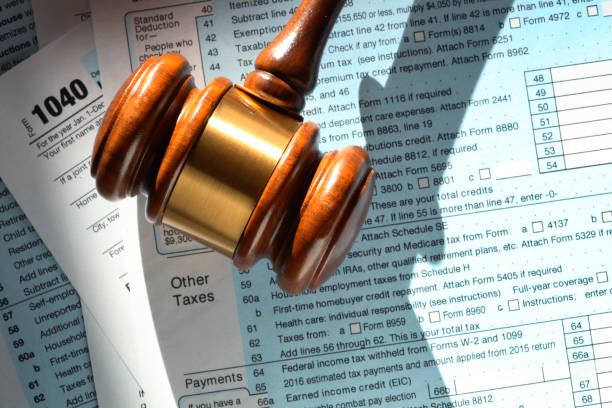Get Ready for the 2026 Tax Season!
The One Big Beautiful Bill can affect federal taxes, credits, and deductions. Taking proactive steps like organizing documents and information is crucial to avoid last-minute stress and potential mistakes come tax filing time in April.
Here are a some tips on how to get prepared:
1. Check Your Withholding
If you’re unsure about how much tax is being withheld from your paycheck, it’s a good idea to review your withholding now. The IRS provides a handy tool called the Tax Withholding Estimator to help you determine if you’re having the right amount deducted. Adjusting your withholding early can help avoid any surprises at tax time.
2. Keep Documents Organized
Start gathering important tax documents now, including things like W-2s from employers, 1099s from banks, and receipts for deductions or digital asset transactions. Keeping them organized will save you lots of time and reduce the stress of tracking them down later.

3. Review Changes in Tax Law
Each tax year can bring new laws or changes to existing ones. The IRS suggests reviewing any updates that might impact your filing, including new credits or deductions you may be eligible for. Being aware of tax changes can potentially save you money and reduce your tax burden.

4. Contribute to Retirement Accounts
Contributions to retirement plans like IRAs or 401(k)s can lower your taxable income. Consider contributing now, especially if you have a bit more flexibility financially. It can pay off when tax season rolls around!
5. Avoid Scams
The IRS also reminds taxpayers to be cautious of phishing attempts and tax-related scams. The IRS will contact you through official mail so be weary about unsolicited calls of texts! Always check for official IRS communication, and if something feels suspicious, report it directly to the IRS.

Conclusion
Preparing for the 2026 tax season might seem like something you can put off, but it’s best to start while there’s plenty of time. By reviewing your withholding, staying organized, and understanding potential tax law changes, you can make tax time easier and less stressful. The earlier you start, the more in control you’ll feel come tax season!


